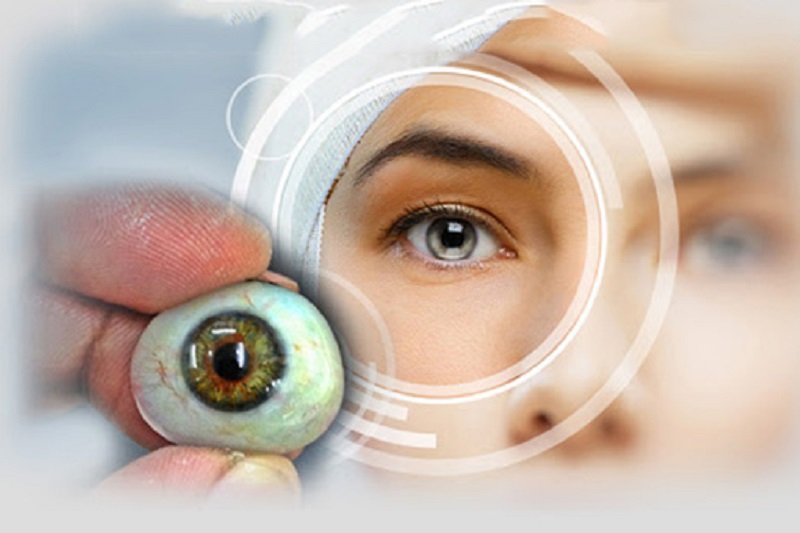NDP EyeCare | Dr. N D Patil | Dr. Gaurav Patil | Cataract | Glaucoma | Oculoplasty | LASIK
Our Latest Equipment is Best to keep your Vision perfect like Eagle!

What is Artificial Eye (Ocularistry)?
Why Do Patients Need an Artificial Eye?
Artificial eyes are recommended in cases such as:
Loss of an eye due to trauma or accident
Eye removal surgery (enucleation or evisceration) caused by cancer, infection, or glaucoma
Congenital eye abnormalities where an eye never developed fully
Cosmetic enhancement to restore facial balance and confidence
The artificial eye not only improves appearance but also helps maintain the health and movement of surrounding tissues and eyelids.
The Ocularistry Procedure
The process of creating and fitting an artificial eye involves several steps:
Consultation & Assessment – Detailed evaluation of the socket, eyelids, and patient’s medical history.
Impression Taking – A mold is taken of the eye socket to ensure the prosthesis fits comfortably.
Custom Fabrication – The artificial eye is handcrafted using medical-grade acrylic. Skilled coloring techniques are applied to replicate the patient’s natural iris, veins, and sclera.
Fitting & Adjustment – The ocularist places the prosthesis, ensuring smooth movement with the eyelids and natural eye. Adjustments are made for comfort and aesthetics.
Polishing & Maintenance Guidance – The patient is educated on cleaning, polishing, and caring for the artificial eye to ensure long-lasting results.
Benefits of an Artificial Eye
Restores Natural Appearance – Matches the color, size, and position of the healthy eye.
Supports Eyelid Movement – Helps the eyelids function smoothly, reducing drooping or hollow appearance.
Prevents Socket Shrinkage – Maintains the shape and volume of the eye socket.
Boosts Self-Confidence – Enhances overall facial aesthetics and improves emotional well-being.
Safe & Comfortable – Made of biocompatible materials suitable for long-term wear.
Aftercare & Precautions
Clean the prosthesis regularly as instructed by your ocularist.
Remove and polish the eye every few months for comfort and shine.
Attend regular check-ups to ensure proper fit and socket health.
Avoid using harsh chemicals or unapproved cleaning solutions.
Report any discomfort, excessive discharge, or pain immediately.
Why Choose a Professional Ocularist?
An artificial eye is more than just a cosmetic replacement – it is a specialized medical device that requires precision and artistry. A skilled ocularist ensures that the prosthesis looks natural, fits comfortably, and supports long-term eye socket health. Choosing a trained professional guarantees:
Personalized care and attention
Advanced impression and fabrication techniques
A natural, lifelike eye appearance
Ongoing aftercare and support

